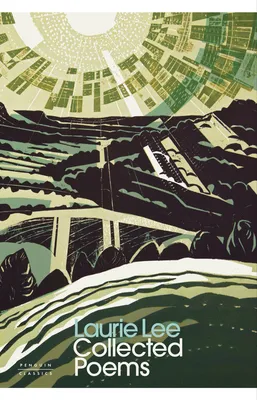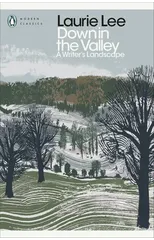'If ever I saw blessing in the air I see it now in this still early day...' Laurie Lee is beloved for his writing on a lost rural world. His Collected Poems open a new window on this community, as Lee tracks the seasons changing and the years turning over. Written from the 1930s to the 1960s, these heady works find the poet grappling with war, love, travel and his awe in the nature surrounding him. In 'Music in a Spanish Town', we see Lee playing his fiddle in in 1936; in 'April Rise', ecstatic in the Slad valley springtime; or in 'Twelfth Night', digging for faith in the depths of winter. Brought together in one volume for the first time, and including previously unseen material, these timeless verses reveal Laurie Lee finding a newly intimate voice as a poet.
Laurie Lee
Laurie Lee was an English poet, essayist, and novelist known for his autobiographical works. His most famous work, "Cider with Rosie," is a memoir of his childhood in the Cotswolds, capturing the beauty and simplicity of rural life. Lee's writing style is characterized by its lyrical prose, vivid descriptions, and nostalgic tone. He is celebrated for his ability to evoke a sense of place and time with great sensitivity and emotion. Lee's contributions to literature include his exploration of memory, identity, and the passage of time. His work has had a lasting impact on the genre of autobiographical writing, inspiring countless authors to delve into their own pasts for inspiration.





